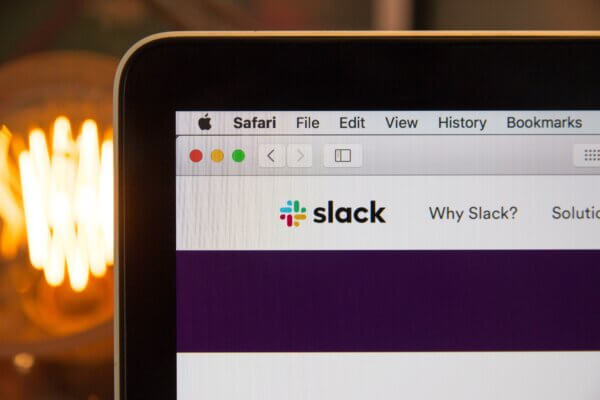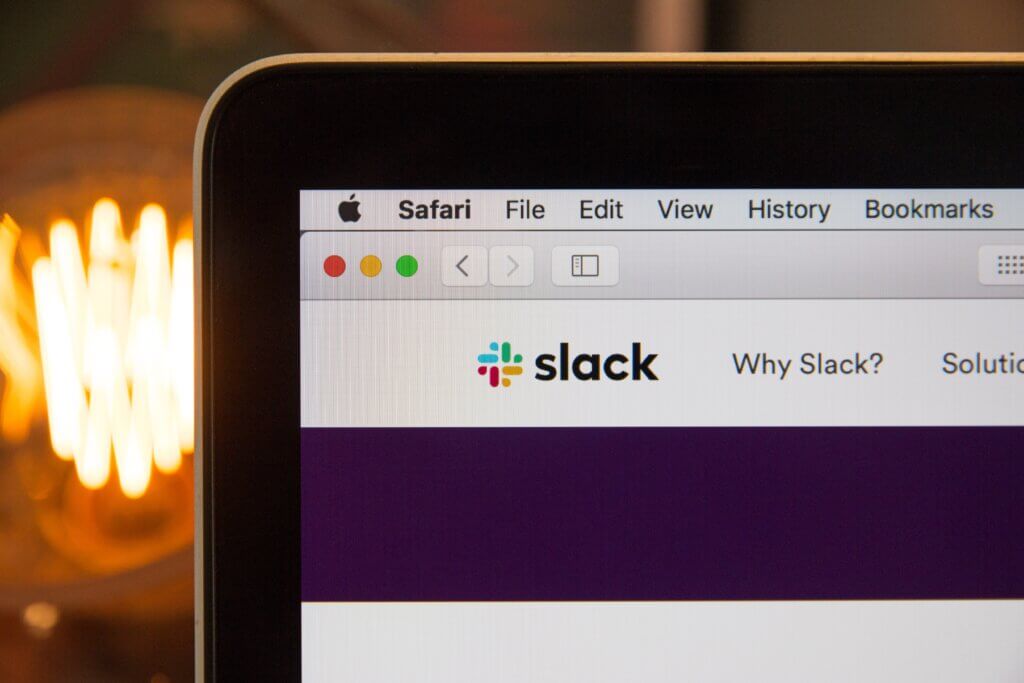In a recent Raconteur article Sam Forsdick quotes Slack’s SVP Brian Elliot’s discourse on the post-pandemic competition to attract and retain talented people. Elliot suggests that the Zeitgeist of leaders who try to control the working environment for their people has passed and, effectively, there has been an enforced democratisation of what constitutes good working practice – key to which being the right to a voice and the right to challenge.
“It’s very contrary to the way of working that I grew up with, where information was power, and leaders wanted to command and control,” Elliott adds. “People expect to be able to challenge leaders and ask them questions so that they can understand the thinking behind the decisions.”
Elliott thinks that this makes transparency a “really important” quality for leaders to show. Those that can manage with transparency offer flexibility and focus on outcomes, and will survive and thrive, despite a recession.
Throughout the world leaders had already received an extreme brutal audit of their capacity to cope with a large-scale event, in the form of the COVID-19 pandemic. The scale and impact had an overwhelming emotional impact on millions of people, resulting, in many instances, in a breakdown of their individual and collective sensemaking capabilities (how
people make sense of their environment). Post the pandemic but with a war in Eastern Europe and the resulting economic disruption, we face the prospect of a world-wide recession, and yet more challenges for leaders who have to cope with changes in working practices.
The oft-quoted, but truncated, Ram Emanuel aphorism clearly captures the potential for building strength from this context, ‘You never let a serious crisis go to waste’. What few writers go on to, more accurately, note is that the advice concludes ‘….. it’s an opportunity to do things you think you could not do before.’ I would add that not only is it an opportunity, but the risks are less because there is an expectation that leaders must try to do things differently.
Leadership matters most, and is hardest to do well, when people face objective threats, when old ways of working are no longer relevant, and when confusion and a lack of clarity abounds. Leaders who are focused on outcomes, driven by leveraging the rich contributions (even the dissident voices) of their people, still need to align their philosophy with practical means. Slack, with the use of complementary collaboration tools, has the necessary reach and the means to do the heavy lifting for such leaders, thus better enabling the step change that Elliot recognises now, and as was advocated two years ago when the pandemic was still raging.
Photo by Stephen Phillips – Hostreviews.co.uk on Unsplash

Slack – a technology that can enable leaders to ‘hear’ the voices of their people
In a recent Raconteur article Sam Forsdick quotes Slack’s SVP Brian Elliot’s discourse on the post-pandemic competition to attract and retain talented people. Elliot suggests that the Zeitgeist of leaders who try to control the working environment for their people has passed and, effectively, there has been an enforced democratisation of what constitutes good working […]

